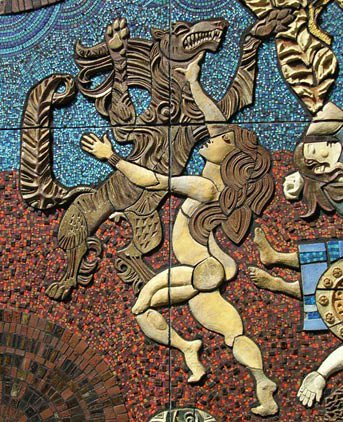en.wikipedia.org/wiki/Pirah%C3%…
They are a small (800ish) culture leaving in the Amazon forest. Them alone suffice to challenge a lot of our assumptions about human nature. Follow me.
(1/n)
(2/n)
(3/n)
(4/n)
(5/n)
(6/n)
(7/n)
(8/n)
(9/n)
This contradicts Chomsky's hypothesis about recursivity being a universal feature of languages (an essential part of its 'universal grammar')
(10/n)
(11/n)
(12/n)
(13/n)
(14/n)
(15/n)







